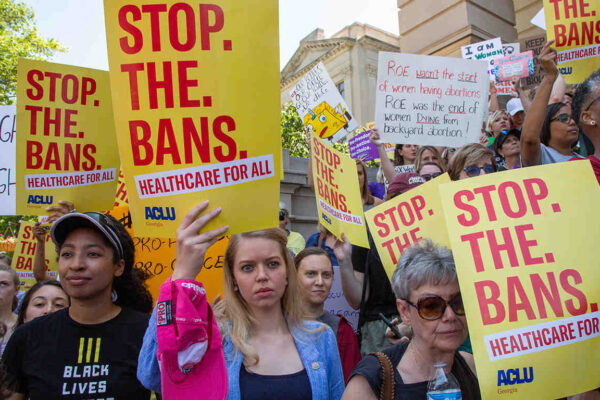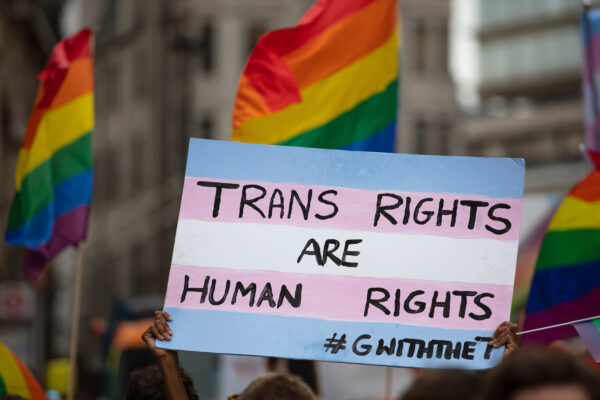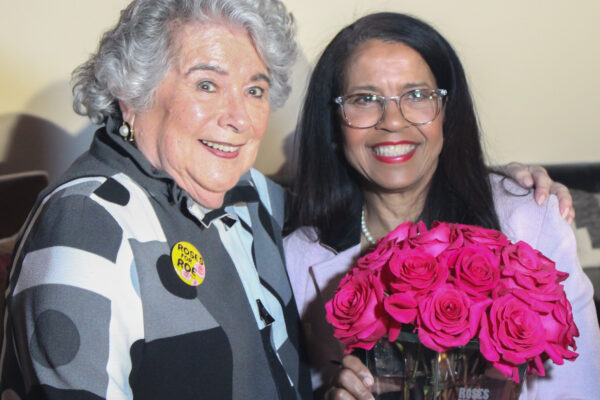Since the Supreme Court’s Dobbs v. Jackson Women’s Health Organization decision drastically shifted the national landscape on abortion access two years ago this very week, the ACLU of Georgia and many states across the nation have accelerated their fight for reproductive justice.
The ACLU of Georgia, alongside co-counsel, is litigating SisterSong v. State, a state court challenge to Georgia’s six-week abortion ban. While the Georgia Supreme Court ruled against our void ab initio claim – a feature of the Georgia constitution that allows for laws to be declared void if they violate established constitutional precedents – our privacy, liberty, and equal protection claims have not been settled yet. Georgia’s constitution has uniquely strong protections for the fundamental right to privacy, including protecting an individual’s personal medical decision whether to continue a pregnancy.
Court cases related to abortion and reproductive justice issues have seen an uptick at the state and national level post Dobbs decision. States like Iowa and Montana have abortion restrictions that courts are temporarily preventing from taking effect. Kansas and Ohio strengthened and created respectively protections for abortion based on their state constitutions. Unfortunately, there are several more states with active abortion restrictions. Alabama, for example, not only prohibits nearly all abortions, but the Alabama Supreme Court also ruled that embryos, even those outside the womb, are children. Many in vitro fertilization centers in Alabama paused their operations in the wake of this decision. Operations have resumed after the Alabama Legislature passed a law protecting IVF, but clinics remain cautious.
We’re working to keep and expand abortion access in Georgia. While we wait for Judge Robert McBurney’s findings on our privacy claim, and a subsequent decision from the Georgia Supreme Court, the ACLU of Georgia is committed to promoting Georgian’s reproductive freedom. This election year, voters have the opportunity to elect politicians who believe in bodily autonomy and won't interfere with decisions made between a patient and their doctor. Georgia’s six-week ban passed the 2019 legislature by a margin of just one vote. Georgians should have the ability to exercise their fundamental rights, and they overwhelmingly support reproductive rights. While we fight in the courts and the legislature, we hope Georgians bring the fight for abortion access to the polls this November.
Toella Pliakas, an ACLU of Georgia legal intern, contributed to the reasearch and writing of this blog.






